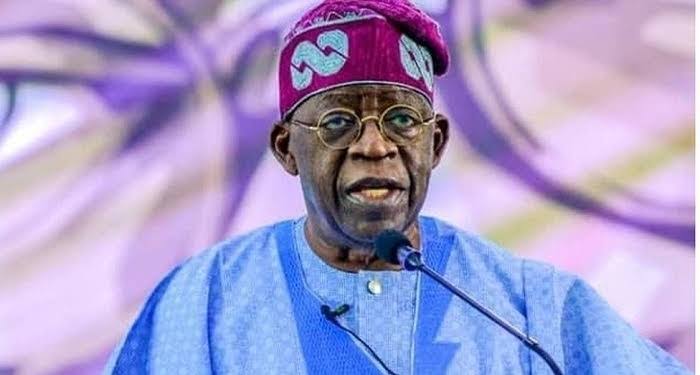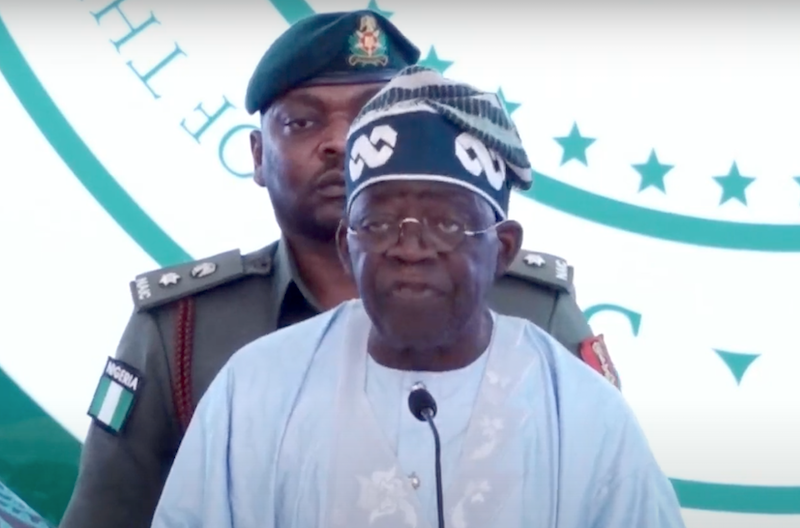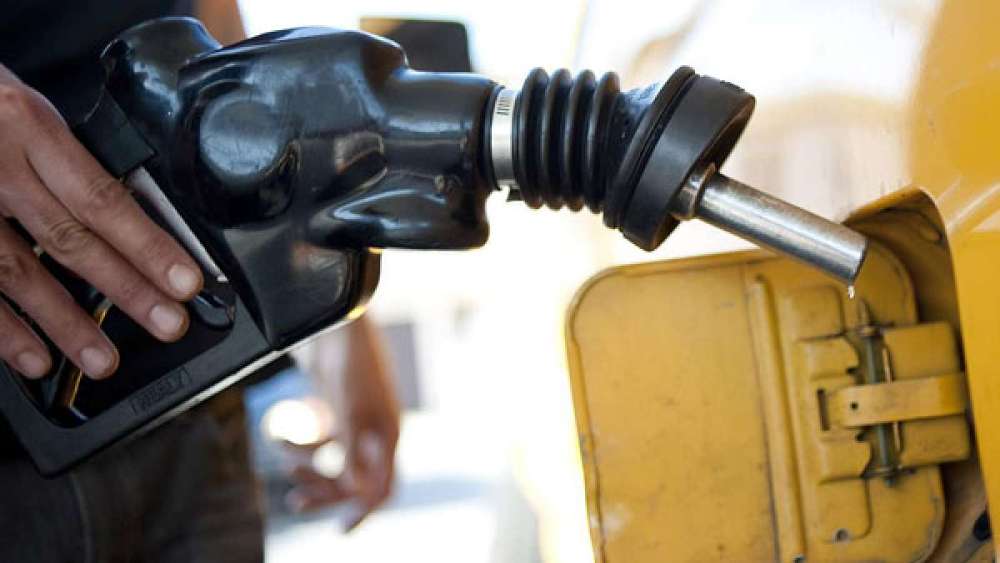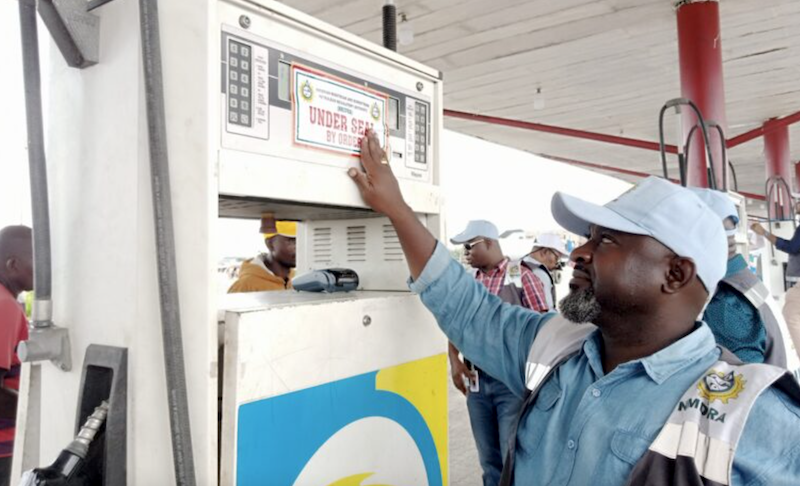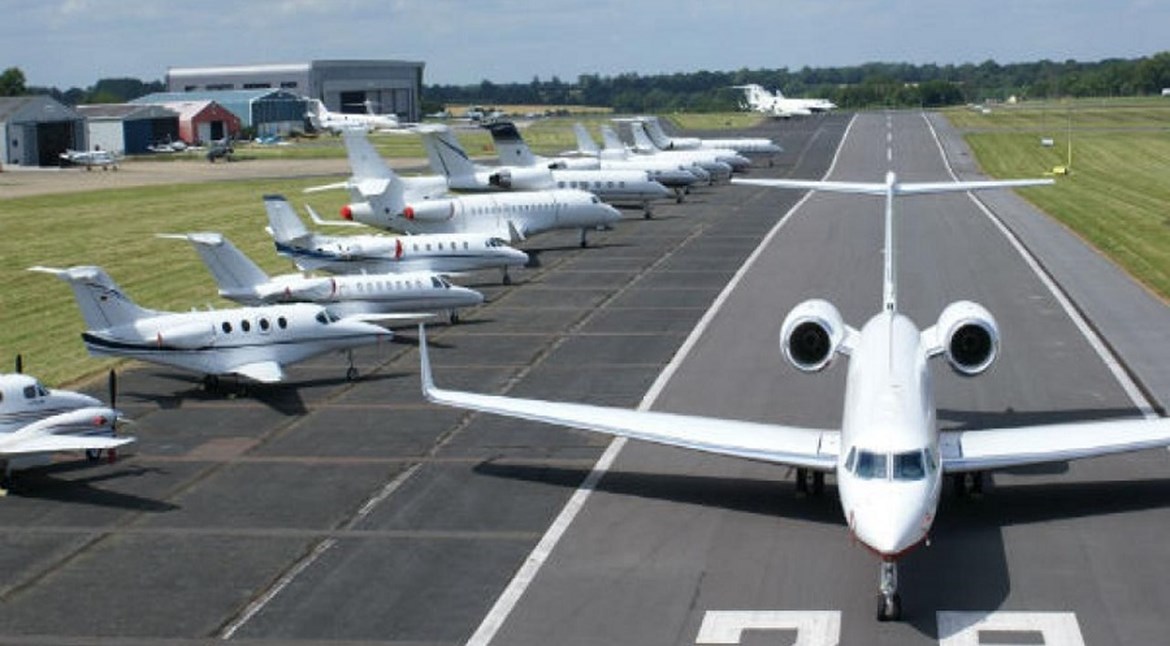The Nigerian Midstream and Downstream Petroleum Regulatory Authority (NMDPRA) has assured Nigerians and motorists that there is no need for panic buying of fuel, as there is enough stock available.
Mr Ayo Cardoso, Coordinator, South-West Region of NMDPRA, gave the assurance in an interview on Tuesday in Lagos State.
Cardoso, who said there was no fuel shortage, urged the public against engaging in panic buying as a result of long queues in the Lagos metropolis.
According to him, to address the ongoing queues in Lagos, NMDPRA is actively monitoring and investigating the causes.
Mr Tunji Oyebanji, CEO of 11 Plc, also confirmed that there was an adequate stock of fuel available.
He mentioned that the delay in lifting fuel from the depot might be due to the recently concluded Surulere Federal Constituency 1 election on Feb. 3.
Mr Hammed Fashola, the National Vice Chairman of the Independent Petroleum Marketers Association of Nigeria (IPMAN), suggested that the queues might be attributed to panic buying by customers rather than an actual shortage of fuel.
He said: “Some marketers could not lift fuel on Saturday due to the election, but the queue will be normalised before Thursday.
“I am not in Lagos as we speak. But I heard about it too that there are queues in Lagos. It may just be panic buying. I am not sure there is fuel scarcity,” Fashola said.
Meanwhile, some marketers who prefers not to be mentioned told NAN that the increase in forex also contributed to the ongoing queues.
They claimed that marketers are battling with the current dollar rate of N1,550 to a dollar, which makes it difficult to import fuel.
According to them, it is only NNPCL that can import petrol at this rate and no marketers can cope with the present reality of foreign exchange
A correspondents, who monitored some fuel stations within Lagos, reports that there was traffic gridlock in some parts of Lagos on Tuesday due to the queues.
Motorists formed long queues outside the forecourts of filling stations, such as NNPCL, Mobil and Conoil along the Ikorodu road axis, which appeared as fresh scarcity of fuel.
Also, at the Total filling station at the Mobolaji Bank Anthony Way and Northwest at Gbagada, queues led to heavy tariff around the Ikeja and Gbagada axis respectively.
Motorists endured an unusual heavy gridlock, due to long queue of motorists waiting to buy petrol at filling stations.
It was also noticed that many of the filling stations along the Ikeja axis, through Obafemi Awolowo Road in Ikeja and Ikorodu road were shut.
Meanwhile, some motorists had begun to hike the prices of their fares due to the development.
A commercial transport operator, plying the Ikeja- Costain axis, told our correspondents that he was forced to hike his fees after waiting for hours to buy fuel.
The commercial transport operator, who prefers anonymity, said, “Do you know how long it took me to buy fuel today? Anybody who doesn’t want to enter should stay out.”
It was observed that all the filling stations along Ogunnusi Road inbound Berger did not sell petrol to customers.
It was also gathered that the queues were noticeable in major filling stations considered to be selling at lower rates.
Meanwhile, a number of filling stations owned by the Nigerian National Petroleum Company Ltd.,(NNPC), along the Lagos-Ibadan Expressway, did not dispense fuel too.


